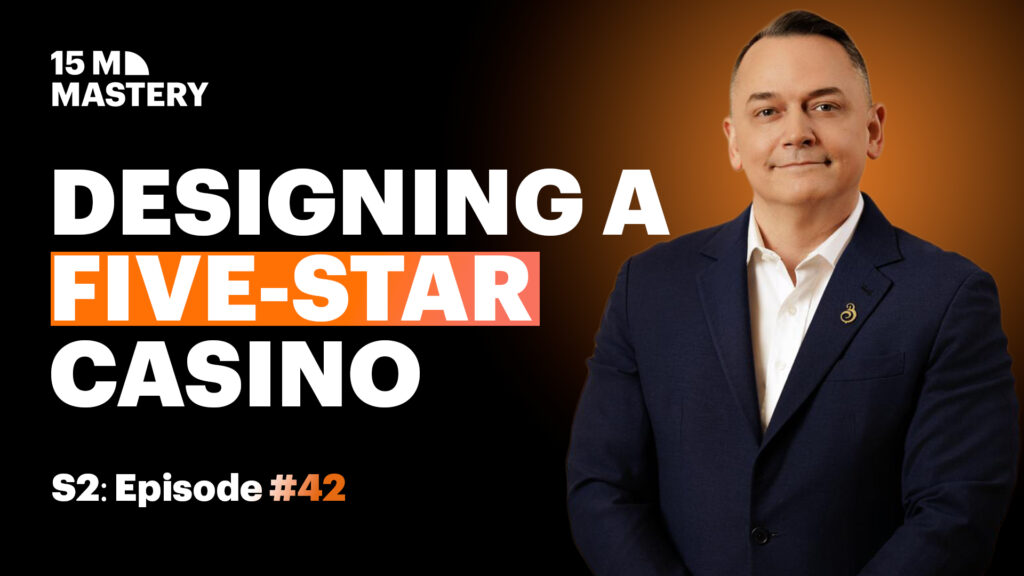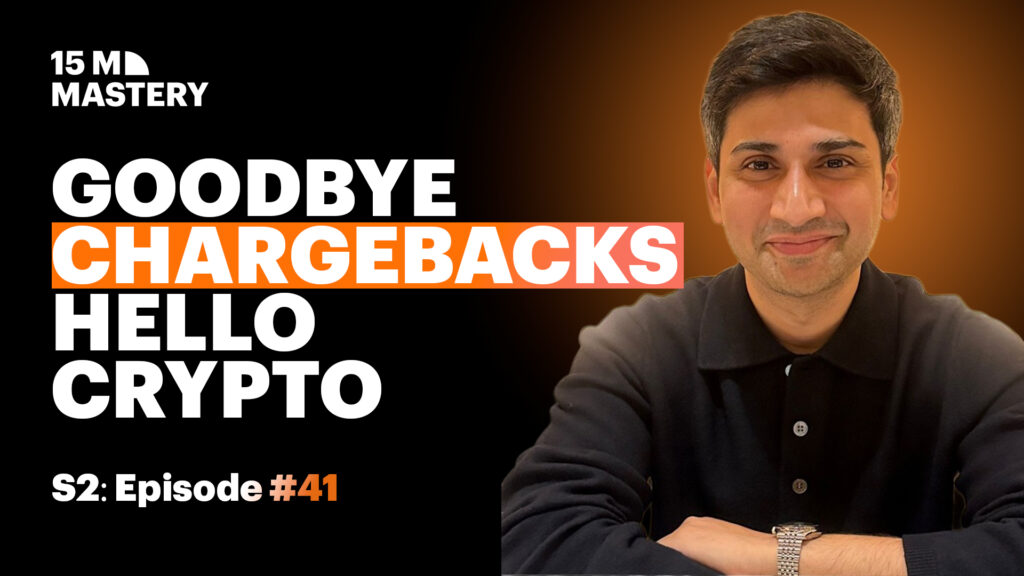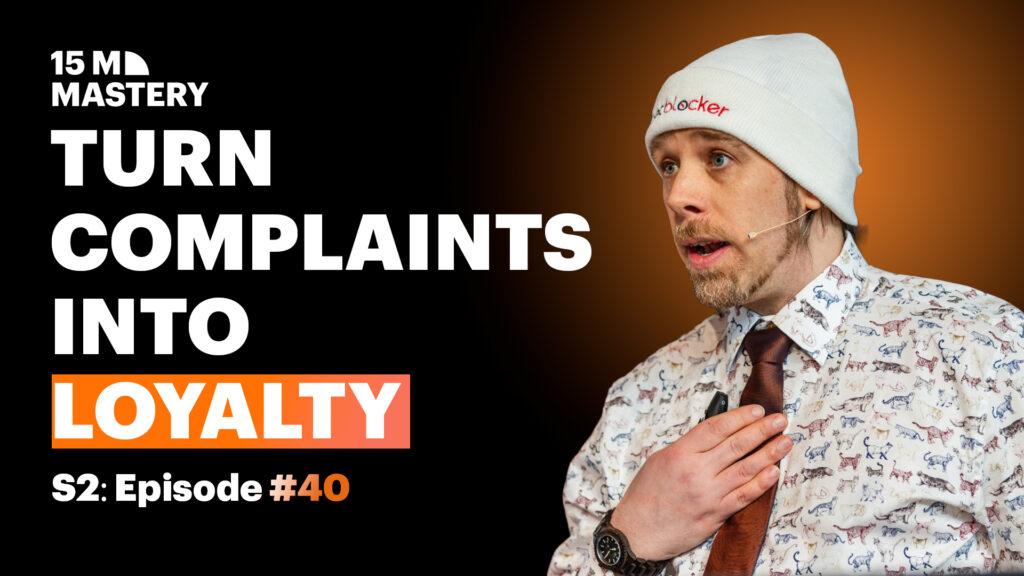Striking the right balance between brand and performance marketing in the iGaming industry is a complex challenge. According to Eitan Gorodetsky, a seasoned marketing leader in the space, the key lies in understanding your market, your players, and your long-term goals.
While large operators can leverage substantial budgets to dominate the market, smaller companies must focus on building trust and brand recognition to stand out. Eitan emphasises that focusing solely on short-term performance metrics is a mistake. Instead, a holistic approach that aligns brand, product, and player preferences can lead to sustainable growth.
The Complexity of iGaming Marketing
The iGaming landscape has evolved significantly, with massive international operators consolidating market share through mergers and acquisitions. Eitan explains that these industry giants have recognised the importance of brand marketing, using their financial strength to secure dominance.
In contrast, smaller operators operating in unregulated markets often prioritise performance marketing. However, even in these markets, brand marketing plays a critical role in building trust. “A casino is like a bank. If your brand lacks trust, recognition, and memorability, you will lose out,” Eitan explains. Without a strong brand, operators risk cycling the same players across multiple brands without generating long-term value.
Affiliate marketing, once dominated by sheer volume, has also shifted towards brand-driven strategies. Affiliates today prefer promoting well-established brands that players can trust, further emphasising the need for a balanced approach.
Convincing Stakeholders to Invest in Brand Building
For many operators, convincing stakeholders to invest in long-term brand-building initiatives can be challenging. Eitan suggests a pragmatic approach: assessing the competitive landscape objectively. “If you’re a mid-sized operator with a modest marketing budget, competing with industry giants in performance marketing is unrealistic,” he says.
Operators need to evaluate their business model and long-term goals. Are they looking for a short-term exit, or are they committed to sustainable growth? If the latter, investing in brand development is crucial, as it helps lower customer acquisition costs over time and creates a valuable long-term asset.
Structuring Marketing Teams for Long-Term Success
Building a successful marketing team requires a clear understanding of the market and player preferences. According to Eitan, structuring marketing efforts starts with identifying the core market and tailoring the product to match player expectations. “If you’re targeting the Irish market, you need to focus on what players love – whether it’s horse racing or blackjack – and shape your entire offering around that,” he notes.
Marketing strategy should be holistic, incorporating insights from product development, customer support, and data analysis. This approach ensures that performance marketing efforts align with the brand narrative and resonate with target audiences.
Managing International Markets
Expanding across multiple markets presents additional complexities. Eitan advocates for a centralised brand strategy with localised execution. “Gambling is a universal motivation, but the way excitement is perceived varies across cultures,” he explains.
Companies should establish a core brand identity that resonates globally while allowing flexibility for local adaptations. Collaborating with local experts to tailor messaging, offers, and campaigns ensures relevance and engagement at the regional level.
Key Capabilities for Marketing Leaders
For aspiring marketing leaders in iGaming, Eitan highlights empathy as the most critical trait. “As a manager, you’re a service provider to your team. If they are stressed and unable to relax, they can’t perform at their best,” he asserts.
Effective leadership involves:
- Setting clear goals and expectations
- Positioning the right people in the right roles
- Providing continuous development opportunities
Eitan believes that great marketers will only work for leaders they respect and admire. Building a culture of trust, collaboration, and open communication is key to long-term success.
Building a Sustainable Marketing Strategy
Balancing brand and performance marketing in iGaming requires a strategic, long-term perspective. Companies must understand their market, define their goals, and build a brand that resonates with players. By prioritising empathy, clear goal-setting, and team development, marketing leaders can create high-performing teams capable of delivering impactful, personalised campaigns.
With a thoughtful and strategic approach, iGaming operators can navigate the industry’s complexities and achieve sustainable growth.



.svg)


